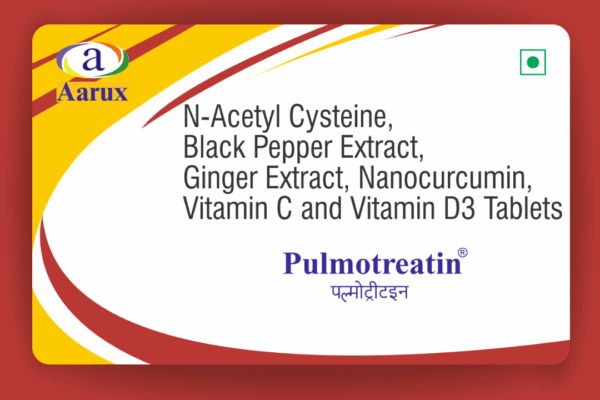WHY INTEGRATIVE MEDICINE IS A POWERFUL ALTERNATIVE IN MODERN HEALTHCARE?
Why Integrative Medicine Is a Powerful Alternative in Modern Healthcare
In today’s complex medical landscape, integrative medicines stand out by focusing on healing the whole person—body, mind, and spirit. It blends conventional treatment with complementary therapies like yoga, acupuncture, herbal medicine, and meditation to promote overall wellness.
Understanding Complementary, Alternative, and Integrative Medicine
Before we dive into why integrative medicine is a compelling alternative, here’s a breakdown of how these approaches differ:
| Complementary Medicine | Alternative Medicine | Integrative Medicine |
|---|---|---|
| Used alongside conventional treatments. Example: A cancer patient undergoing chemotherapy might use acupuncture to relieve side effects. | Used in place of conventional treatments. Example: Choosing herbal remedies over prescription drugs. | Blends both approaches, emphasizing collaboration between healthcare providers and the use of all appropriate therapeutic approaches to achieve optimal health and healing. |
“Integrative medicine doesn’t choose between ancient wisdom and modern science—it combines them to serve the whole patient.”
A Rising Global Trend
According to surveys cited by the National Center for Complementary and Integrative Health (NCCIH), over 30% of adults and 12% of children globally use non-mainstream healthcare methods.
“This rising trend is not just about preference—it’s about efficacy, safety, and a more holistic view of health.”
The Core of Integrative Medicine
Integrative medicine focuses on whole-person health, recognizing that biology, behavior, environment, and social context all influence well-being.
“This approach shifts care from treating disease to fostering person-centered wellness.”
Common Applications Include:
- Pain Management – Especially for veterans and active military personnel.
- Symptom Relief – In cancer patients and survivors.
- Behavioral Change – Supporting smoking cessation and healthy weight management.
A New Model for Healthcare
Integrative medicine does not reject conventional medicine—it builds upon it. By bringing together the best of both worlds, this model respects tradition while embracing innovation.
“It fosters collaboration among healthcare providers, empowers patients, and redefines wellness.”
As chronic illnesses and lifestyle-related diseases rise, so does the need for a more inclusive, flexible, and patient-focused healthcare model. **Integrative medicine provides just that—**a credible, evolving alternative that looks beyond symptoms and diagnoses toward lifelong healing and resilience.
“The future of healthcare lies not in choosing one path, but in combining many for the greater good of the patient.”







